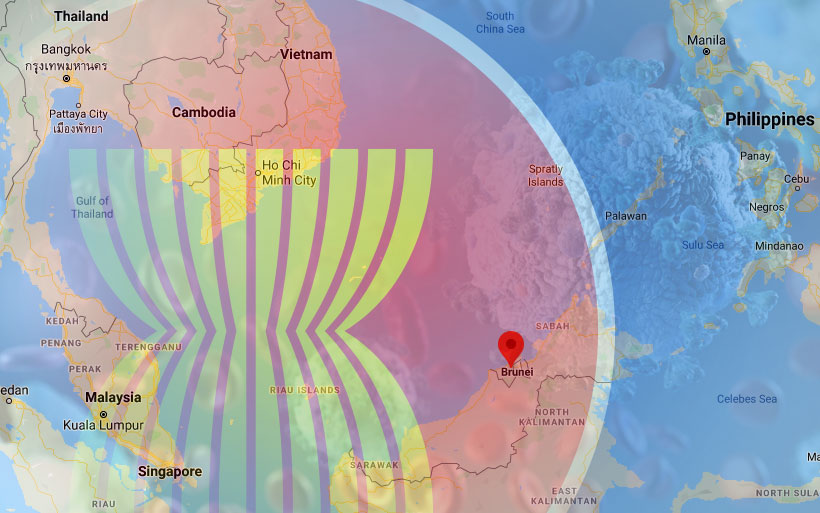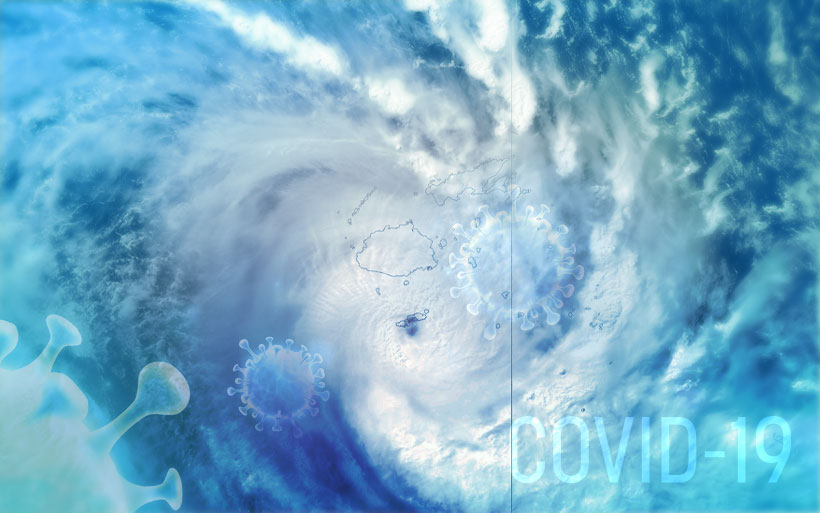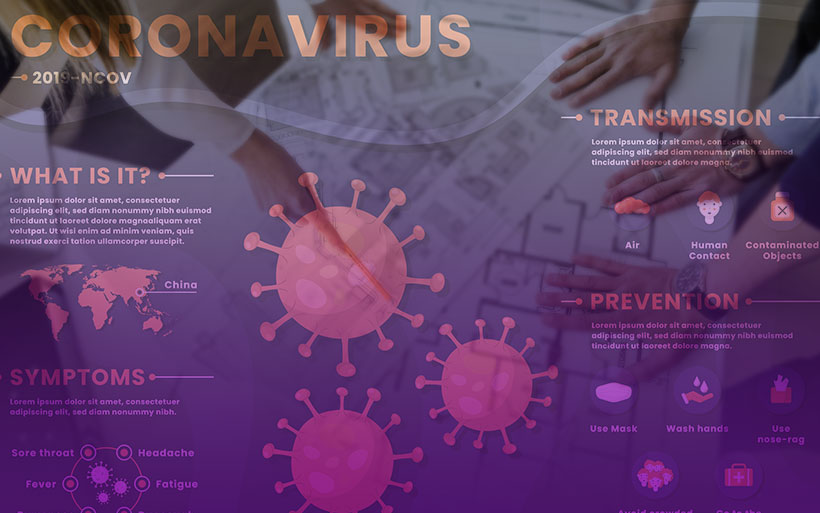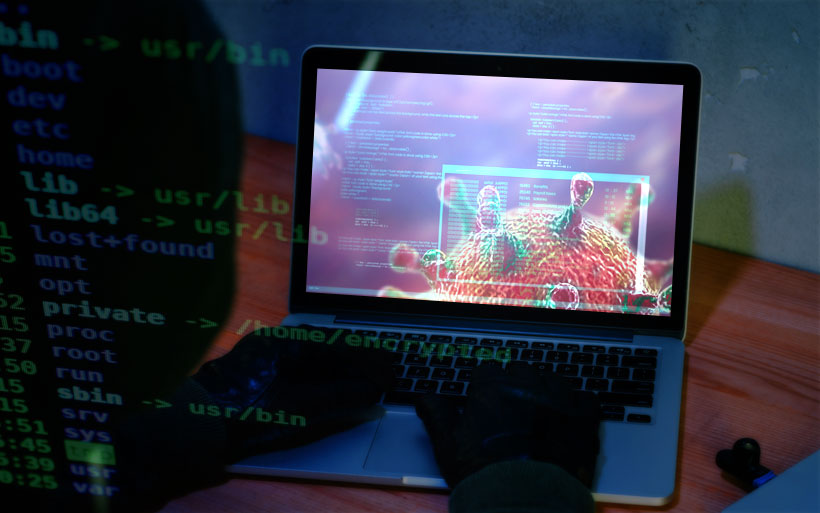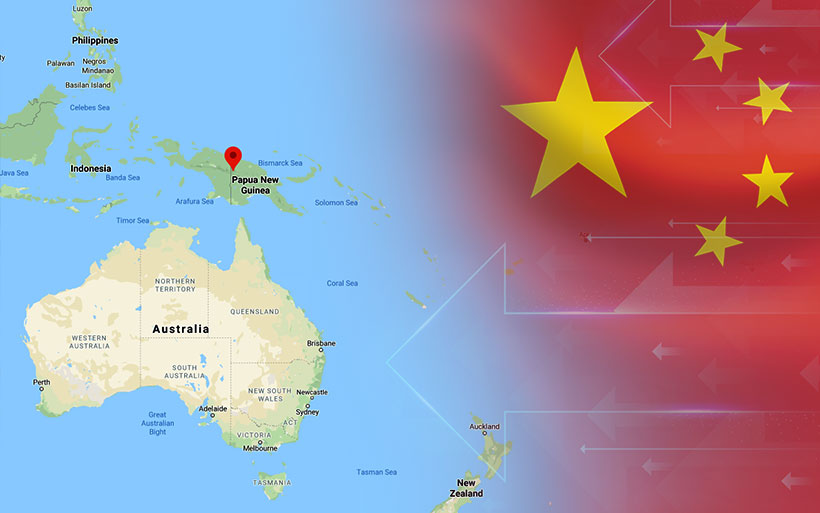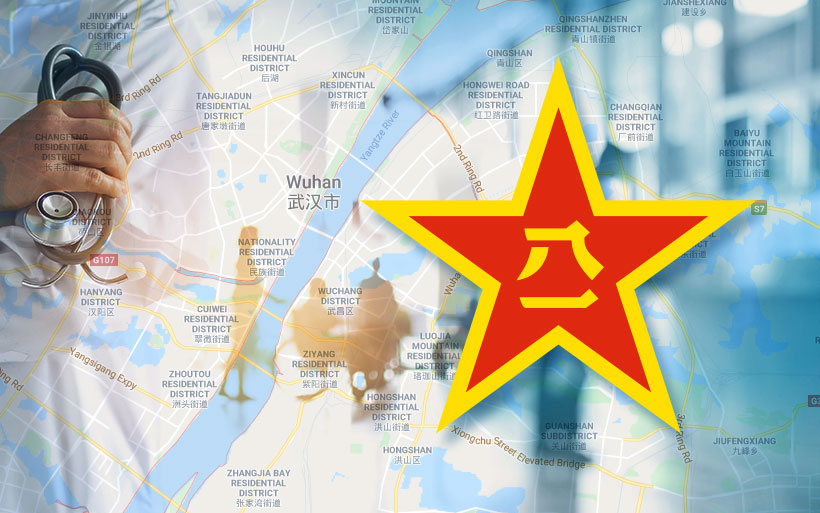COVID-19 and the ASEAN Chair Agenda: Vietnam’s Lost Year? and Brunei’s, Too?
“COVID-19 and the ASEAN Chair Agenda: Vietnam's Lost Year? and Brunei's, Too?” is a new paper authored by Dr. Alfred Oehlers for Security Nexus. In this paper, Oehlers states that “There is mounting concern the COVID-19 pandemic may negatively affect progress with several crucial issues confronting the Association of Southeast Asian Nations (ASEAN). Precautionary measures such as restricted travel have virtually paralyzed progress while intensifying impacts have injected additional priorities on already crowded agendas, all to be addressed by Chairs facing increasing constraints. Efforts by the current and next incoming Chair – Vietnam and Brunei, respectively – will likely mitigate circumstances. ASEAN [...]


